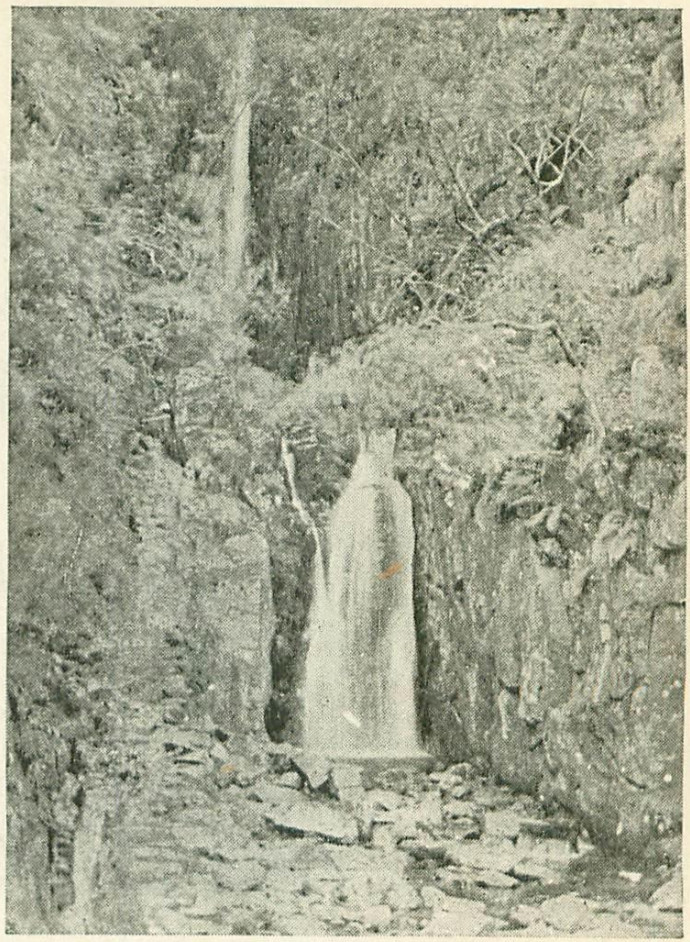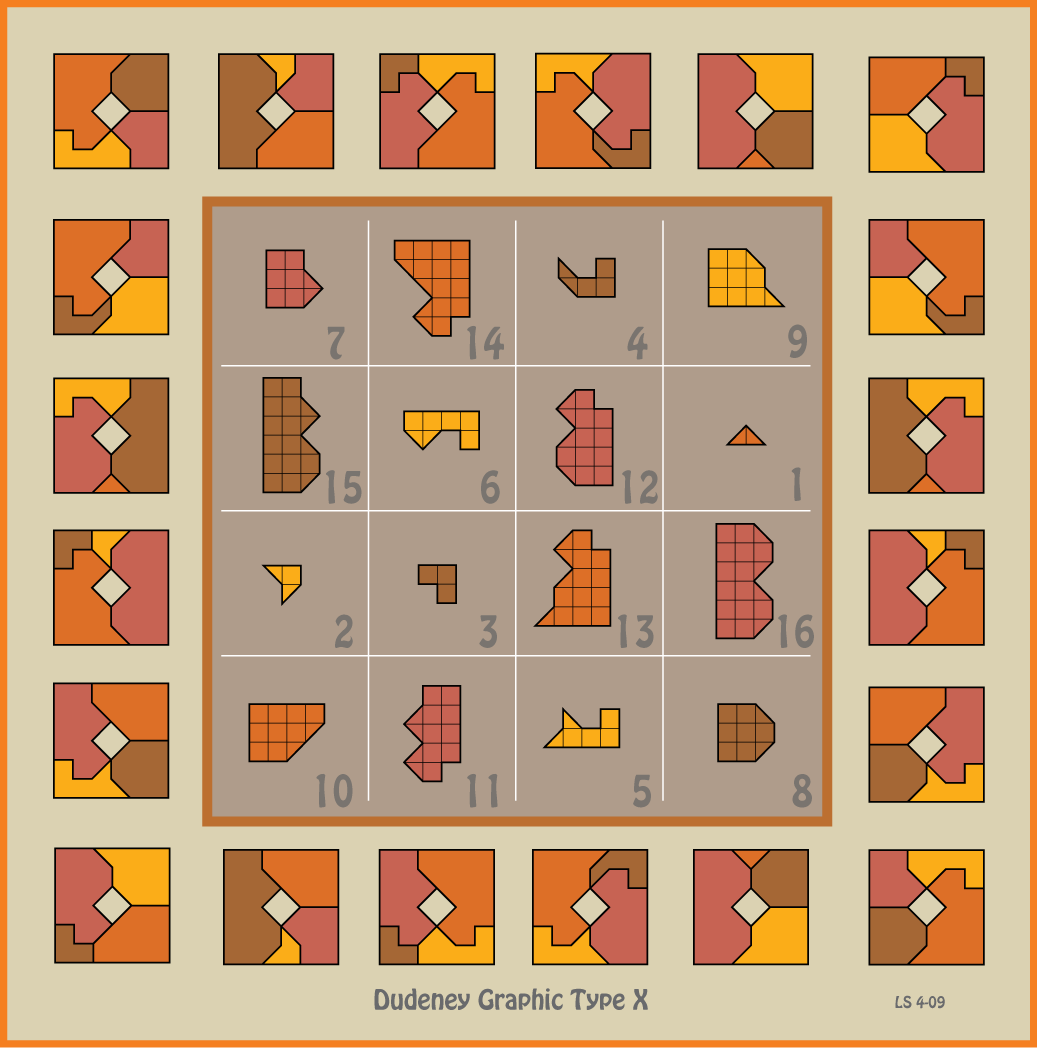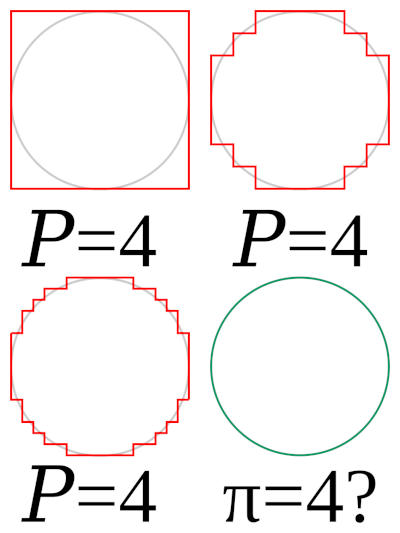Tennessee Williams wrote for Weird Tales! The 16-year-old author, writing under his given name, Thomas Lanier Williams, published “The Vengeance of Nitocris” in the magazine’s August 1928 issue. An Egyptian queen invites her enemies to a banquet, where she opens sluice gates to drown them in the waters of the Nile:
[T]he black water plunged in. Furiously it surged over the floor of the run, sweeping tables before it and sending its victims, now face to face with their harrowing doom, into a hysteria of terror. In a moment that icy, black water had risen to their knees, although the room was vast. Some fell instantly dead from the shock, or were trampled upon by the desperate rushing of the mob. Tables ware clambered upon. Lamps and candles were extinguished. Brilliant light rapidly faded to twilight, and a ghastly dimness fell over the room as only the suspended lanterns remained lit. And what a scene of chaotic and hideous horror might a spectator have beheld!
He received $35 for the story, his first published work. “[I]f you’re well acquainted with my writings since then,” he wrote later, “I don’t have to tell you that it set the keynote for most of the work that has followed.”










